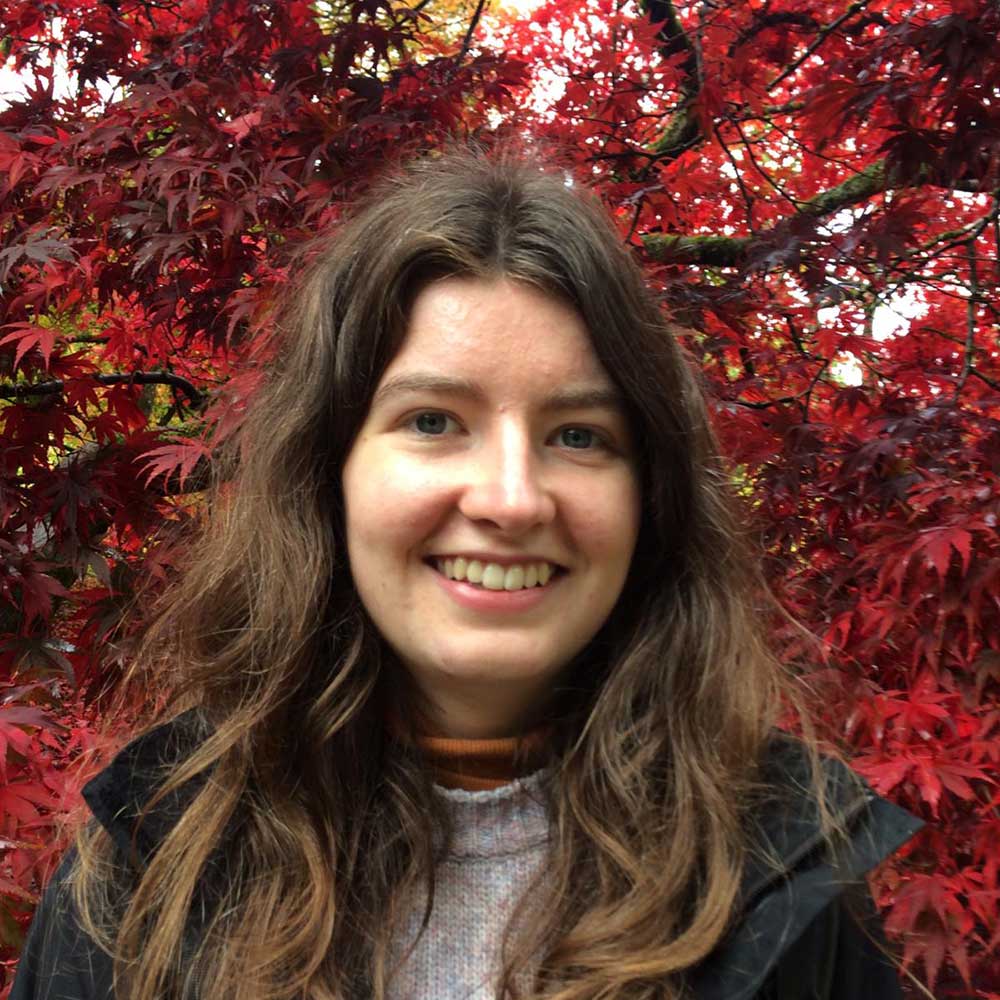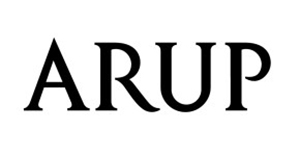Cohort 5
 Rosie McCallum
Rosie McCallum
- One Planet DTP Researcher School of Natural and Environmental Sciences
- Email: r.mccallum3@newcastle.ac.uk
- Based at: Newcastle University
Project Title:
How does post-industrial land regeneration contribute to biodiversity net gain in the UK?
Bio:
I’ve always been interested in people’s interactions with nature and have found ways to explore this in my personal, professional and academic life. I have a soft spot for nature in unexpected places, particularly less aesthetically appealing sites, such as brownfields, which can have as many species in the UK as tropical rainforests! Before starting my PhD, I worked for a couple of different conservation organisations, focusing on bats and endangered species. I like to get up close to nature when I can and, in my spare time, I go out bird ringing and on bat surveys with local groups.
Supervisors:
Newcastle
Dr Elisa Lopez-Capel (lead)
Dr Ankush Prashar
Northumbria
Dr Miranda Prendergast-Miller
Dr Katherine Baldock
Dr Mark Goddard
Collaborative Partner – Northumberland Wildlife Trust
Lee Rankin
Research questions:
1. Are biodiversity net gain monitoring, validation and reporting methodologies sufficient and
achievable?
2. Can the use of remote sensing combined with soil, plant and invertebrate assessment build the
evidence base dataset needed to provide evidence of restoration and biodiversity gain or loss?
3. Do restoration processes and conservation management, (e.g. rewilding) provide added value on
biodiversity net gain?
Project Overview:
We are facing a global biodiversity crisis, with the potential loss of 1 million species within
decades, fuelling declines of many ecosystem services and benefits. To combat biodiversity loss, new conservation initiatives aim to enhance biodiversity by creating and improving natural habitats. Biodiversity Net Gain, under the 2021 Environment Act, is one such initiative, which requires new developments to show a 10% increase in biodiversity on or off site, with the aim of leaving the land in a better ecological state than before development. In this PhD, I am assessing how Biodiversity Net Gain can be enforced in the UK, through the monitoring of former mining sites across Northumberland. I am conducting soil, vegetation and invertebrate assessments on post-industrial sites at different stages of restoration, including those managed by Northumberland Wildlife Trust, and local brownfield sites. As part of this, I am looking at pollinator networks across the sites, as key indicators of biodiversity. This will help to provide guidance on whether Biodiversity Net Gain is a suitable way of reversing biodiversity loss in the UK.
Publication:
McCallum, R. and Sardo, A. M. (2021). ‘“Britain’s rainforests”: engaging the public with brownfield sites for conservation in the U.K.’. JCOM 20 (04), A07. https://doi.org/10.22323/2.20040207.
Education:
MSc in Science Communication, University of the West of England (2017-2019)
BSc in Biology, University of Sheffield (2014-2107)
LinkedIn:
linkedin.com/in/rosie-mccallum-038599177
Skills:
Small mammal and bird handling, qualitative research (semi-structured interviews), soil analysis.
Hobbies:
Reading, cycling, hiking, bird ringing, bat surveying, mindfulness.








